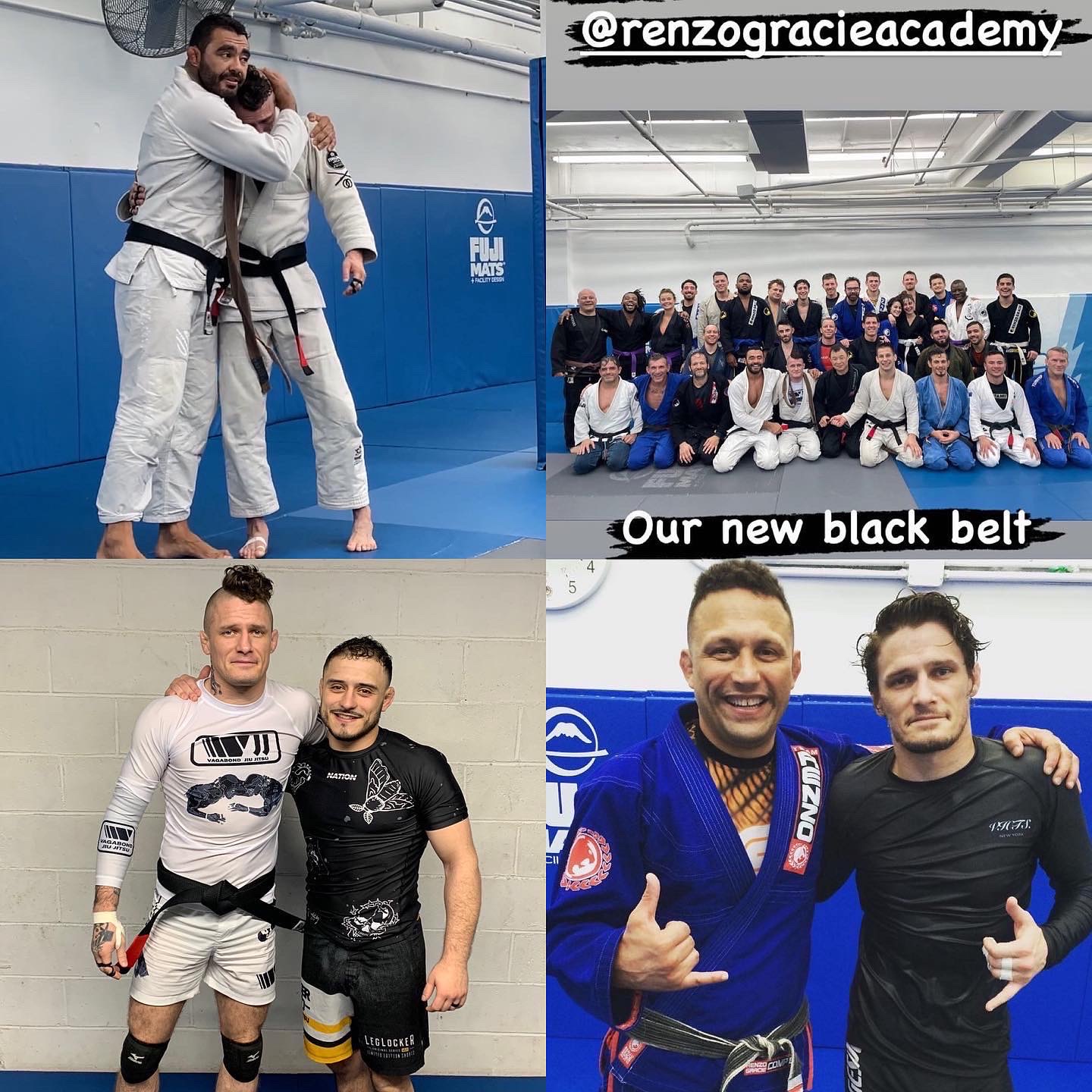2. Ask "why not?" questions. A "why not?" questions results from your starting belief based in why something will not work. "Why?" questions are powerful. "Why should I learn closed guard?" "Why do we learn to fight off of our back in Jiu-Jitsu?" "Why do we wear a gi?"
"Why not?" questions are along the lines of saying why things won't work without having actually tried the technique. Or asking why you haven't gotten a stripe, a promotion, a belt, a pat on the back, or whatever.
Also, be sure to refer to why it would or wouldn't work in another grappling sport if you have a background in that. If you've wrestled, forget learning how to fight off your back. If you've played Judo, just pin everyone, who needs to advance position? If you're an MMA fighter (or want to be/like telling girls at the bar Friday and Saturday night that you train UFC) you especially don't need to learn much Jiu-Jitsu.
4. Don't compete. Figure that if it works in the gym against people you're comfortable rolling with it will work any other time. Better yet, avoid open mats and training with people you normally don't train with regularly. People who drop in from out of town can creep in underneath your radar. Avoid them because who wants to lose to someone in front of your regular training partners?
5. Don't train takedowns or gripfighting.
6. Don't cross train. Learning some gripfighting couldn't possibly help your takedowns for Jiu-Jitsu. Avoid leglocks because they are cheap and don't count.
8. Make fun of closed guard as a stalling position then go learn Lapel guard because it's modern and lets you tie the person up.
9. Decide that there can be no overlap between Jiu-Jitsu as martial art and Jiu-Jitsu as sport/competition. Doggedly believe in one or the other and make fun of anyone/criticize those who do not share your preference.
10. Don't drill. Miss the instructional time and just roll regularly at open mats with little to no concerted learning time.

No comments:
Post a Comment